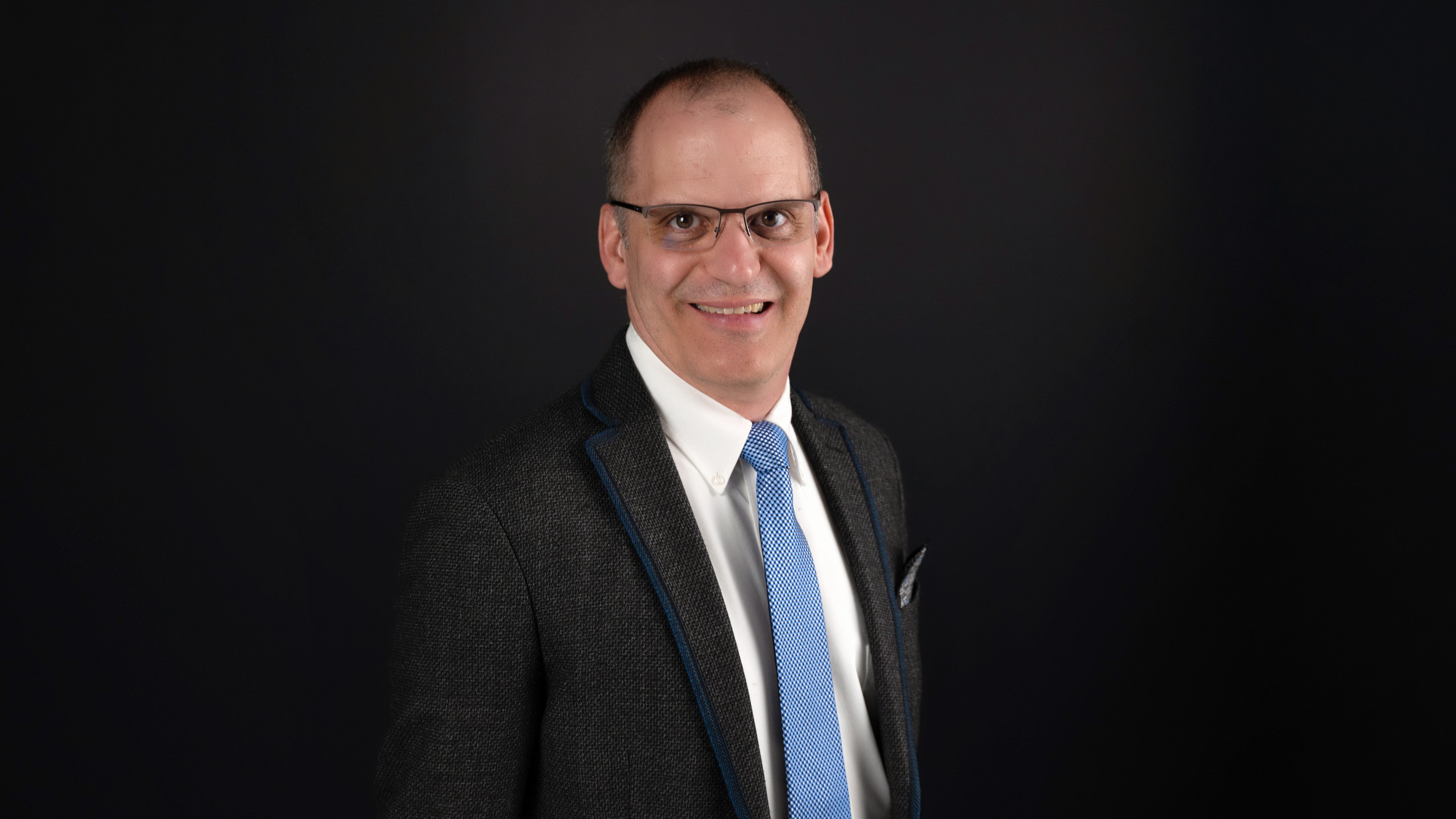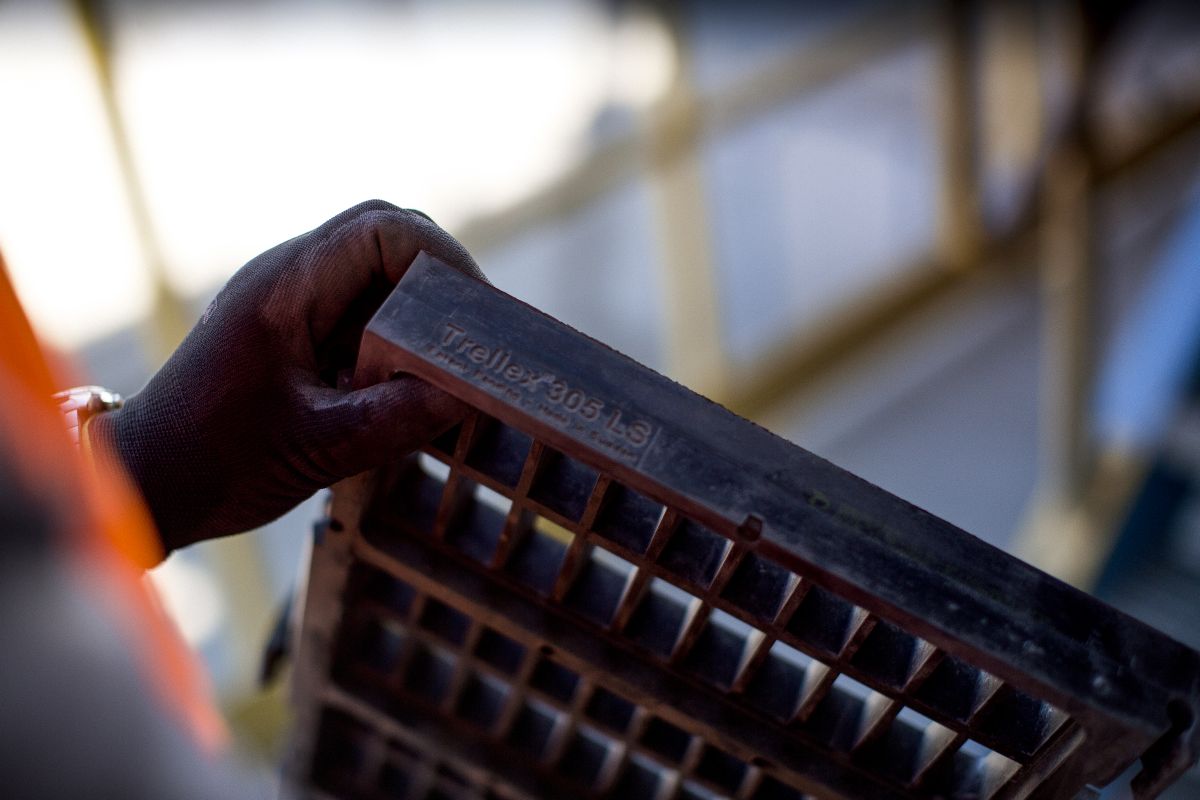Although parts may look the same from the outside, they may actually be very different in terms of quality and materials. The result of using an incorrect part that does not perform as planned can be very costly – equipment can be damaged, the parts’ lifetime may be considerably shortened, or the equipment could fail catastrophically, putting the safety of employees at risk.
The materials used in the parts can affect the profitability of aggregates production
Incorrect part materials may lead to considerable production losses, far outweighing the cost of the individual component. For example, a main shaft protection bushing that is not composed of the correct materials may wear down much more rapidly than the original component, leading to additional changes and maintenance breaks.
By protecting the aggregates equipment with protective lining, material flow can be kept up and maintenance times reduced. Installed in feeders, spouts, hoppers, bins, transfer chutes, silos and any other application that is subject to heavy wear and noise, carefully selected wear linings minimize wear and reduce noise while increasing the components’ service life.
The Trellex Poly-Cer lining is designed for extreme abrasion resistance even with the highest material flows and speeds. The combination of the best properties of rubber and ceramics in the linings ensures an extra-long lifecycle compared with other types of wear protection; The high-quality ceramics provide unique resistance to wear, while the elastic properties of rubber effectively absorb shock impacts. In one of our customer success stories, Increased safety and uptime for Texas Materials with Poly-Cer liners, investing in the correct material proved valuable.
Part design should be a perfect fit for optimal performance
Even the smallest changes in the design can have a drastic impact on the performance of the equipment. It goes without saying, that to operate the way it should, the part needs to be a perfect fit. Always look to see if the part has been modified or simplified. Sometimes the simplified parts may bring functional or operational improvements, but sometimes the missing features may have been added for safety and removing them may put people at risk.
In addition, equipment and part designs are not static but are continuously refined to improve equipment performance and safety. Remember to talk to your supplier whether the design has changed and if there are upgrade kits to improve performance. One good recent example here is the upgrades we did to a quarry operator’s conveyors’ impact cradles and bars. With new components, impact on the belt was lessened, and material spillage and maintenance times reduced.
In many cases, older crusher models may not have efficient tramp clearing functionality which can lead to excessive downtime and high maintenance costs. Upgrading to a hydraulic tramp release and clearing system can ensure that you will be back up and running quickly. Other upgrades available allow for easier and faster setting adjustments that help maintain consistent production and reduce recirculating load.
We use large-scale 3D printing to make patterns for the foundry castings of wear parts allowing customer specific wear part production. This is used also for example in the screening media manufacturing process for specific customer needs - speeding up the entire end-to-end process considerably. Directly printing wear parts is still today unfeasible due to the very high cost of 3D printing per kilogram.
Advantages of the right partnership
When things are going smoothly, local inventory or technical expertise may not always be top of mind. When a failure strikes, you want to have a supplier with access to the needed components and technical expertise quickly. A remote monitoring and maintenance tool such as Metso Metrics Services can send an alert notice when parts need to be replaced, further assisting in reducing downtime from an unplanned failure.

